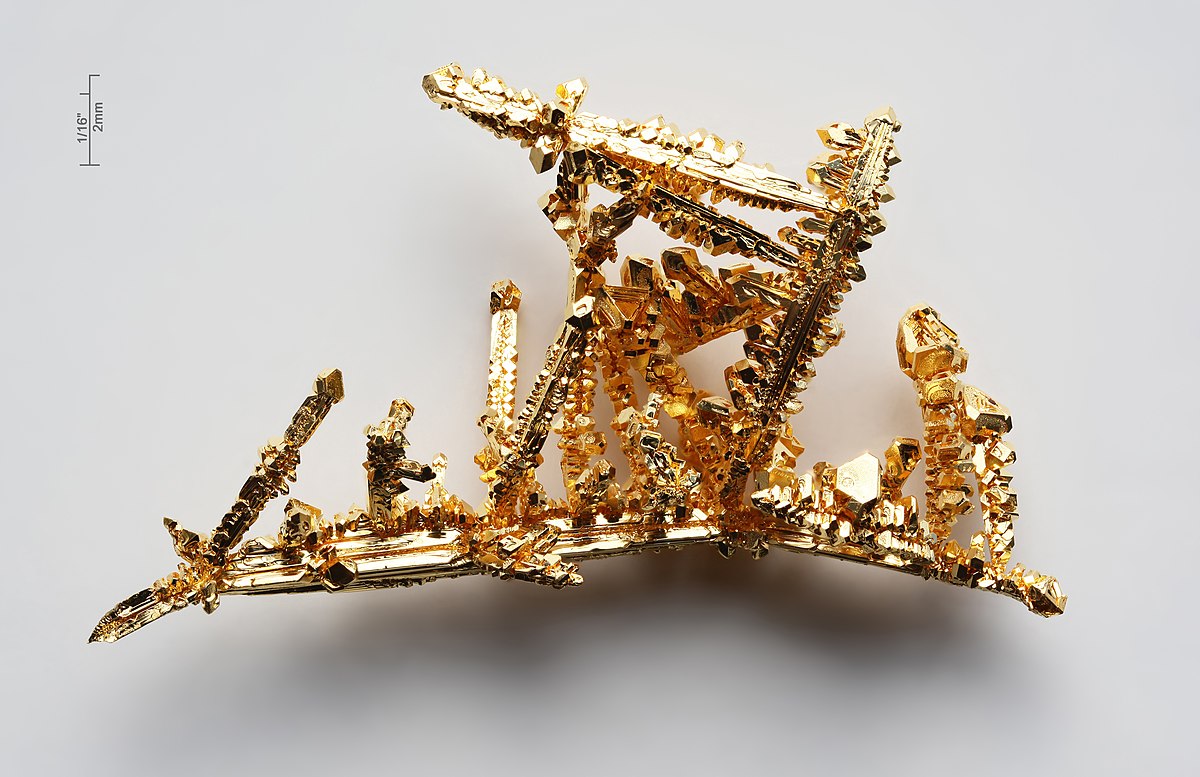Bitcoin was born during the financial crisis of 2008 in response to money printing by central banks. Its goal was to become something akin to electronic gold. Impossible to control, impossible to duplicate, and highly liquid.
As it turned out, Bitcoin was neither of the above. There are thousands of Bitcoin variants, of which a dozen or so are serious rivals to the original. Most Bitcoin is held in exchanges, making it easy to control and track, and Bitcoin transactions are slow and expensive.
Bitcoin never delivered on its original promise, yet here we are some ten years later with single tokens transacting above 10000 dollars. Despite its flaws it is widely regarded as the electronic equivalent of gold.
Some believe that the rise of Bitcoin put a damper on gold. With Bitcoin getting all the attention, gold remained subdued. Retail investors got sidetracked. Instead of buying physical gold coins and bars, they piled into the supposed safety and modernity of Bitcoin tokens.
While this may have delayed the breakout of gold by a few years, it is unlikely to have permanently damaged the future trajectory of the gold price. In fact, Bitcoin may turn out to be a good thing for gold. The reason for this is that when patient Bitcoin holders finally start selling their tokens, they are unlikely to want to hold their windfall exclusively in fiat currencies. Their rational for piling into Bitcoin was after all based on a distrust of central banks. Having held on to Bitcoin, and profited from this, they have become accustomed to the idea that fiat is bad.
While people who buy Bitcoin do so with fiat money, people who sell Bitcoin will quickly exchange their fiat for gold. As the number of transactions in Bitcoin increase, the demand for physical gold goes up. Gold is therefore likely to be positively influenced by Bitcoin in the future, regardless of which way Bitcoin goes from here.

No comments:
Post a Comment